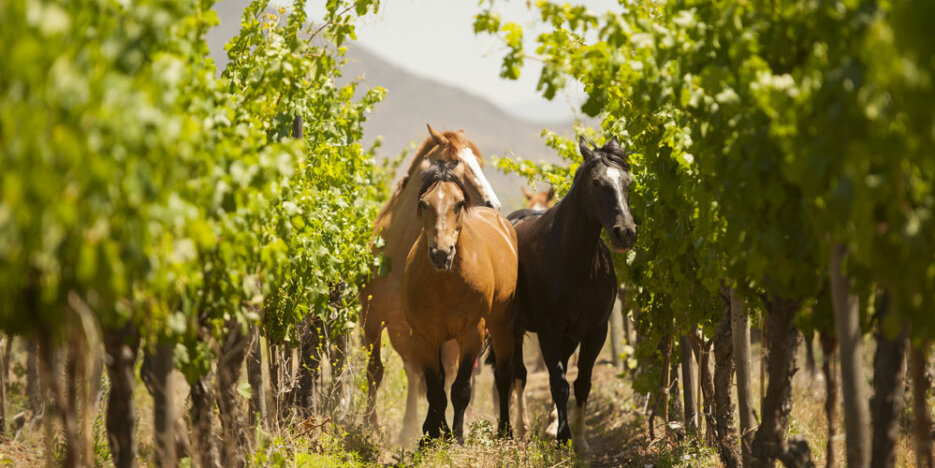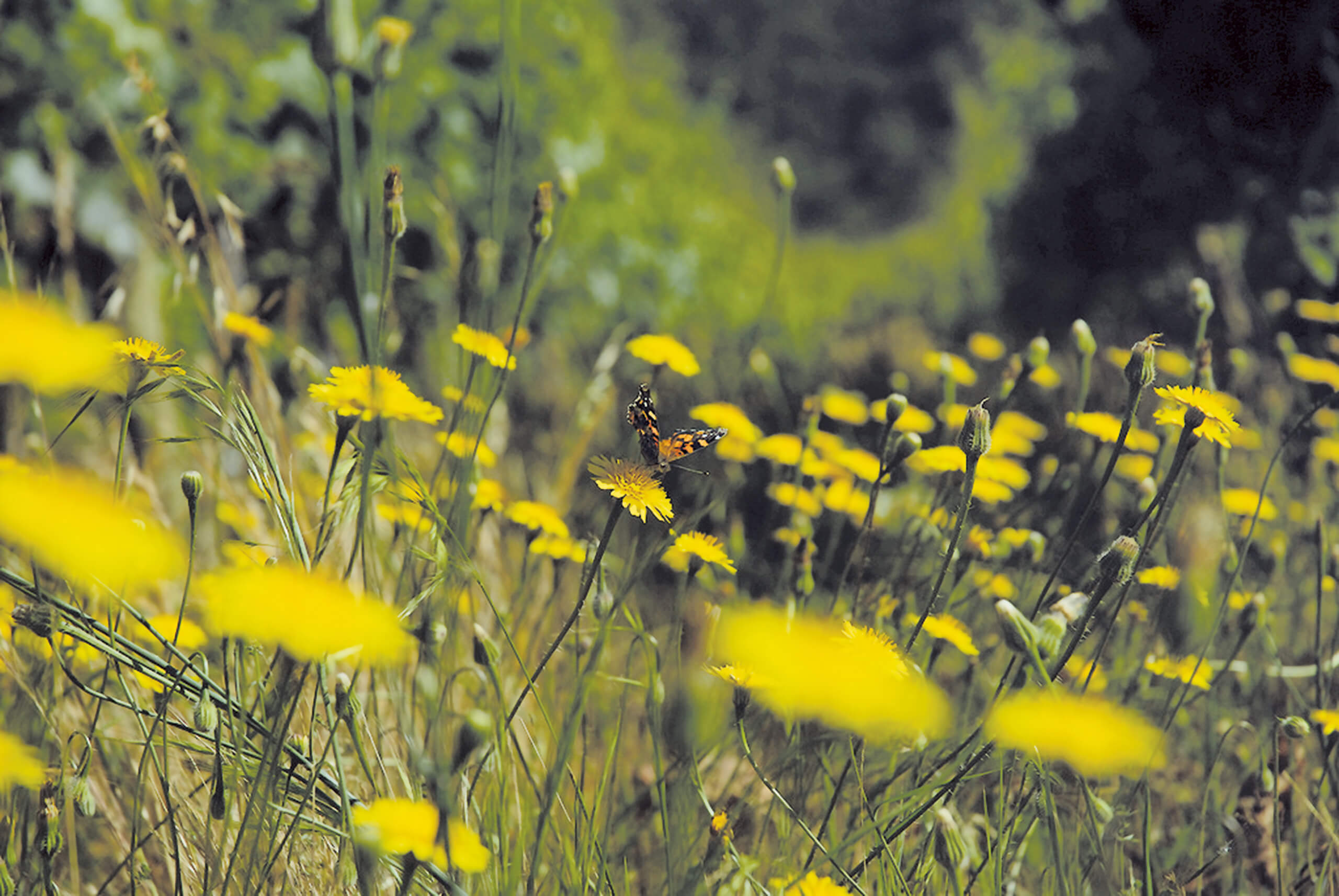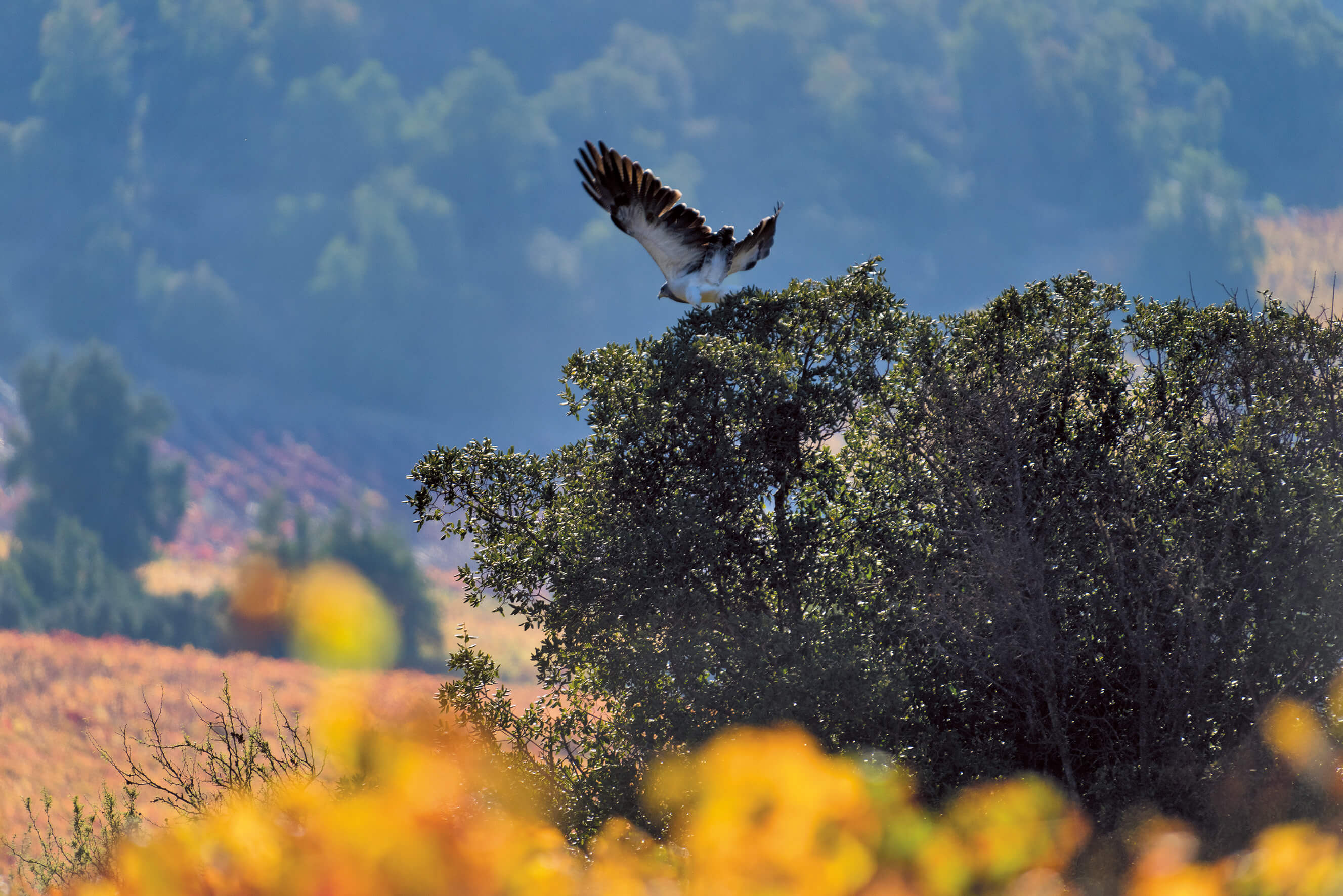Environmental Responsibility


Caliterra works in harmony with the environment and the residents of the Colchagua Valley. By working under a sustainable philosophy Caliterra wants to demonstrate its care for the environment and commitment to the local community.

The sustainable viticultural techniques used in the Caliterra vineyards include integrated plant management, green-label organic plant health programs, product rotation, optimization of water resources, efficient energy use, reincorporation of organic matter, precision agriculture and industrial waste treatment.
Caliterra also seeks to protect its natural resources and the environment by avoiding erosion, using wild horses to prevent fires, reforesting and introducing bio-corridors (areas of bio-diverse flora and fauna to break up the monoculture of vine plantation). Likewise, the human dimension of the sustainable concept includes community actions such as study, training and risk prevention programs for our workers and support for our community schools and families.

In 2008, Caliterra introduced its own system of measuring sustainable practices, to ensure a process of continuous improvement and transparency with consumers. In order to do this, the winery brought together its technical team, including viticulturists and winemakers, along with University of Talca Research Scientist, Yerko Moreno, and developed the first checklist for the sustainable practices carried out in the vineyard. Towards the end of 2009, the second and third checklists for sustainable practices were created for winemaking and social responsibility. The project was subsequently shared with the Wines of Chile Association and was expanded to a national industry level in 2010. With this process, Caliterra pioneered the Chilean Sustainability Code, positioning the Chilean wine industry at the forefront of this global movement. Vina Caliterra is now certified Sustainable by the Wines of Chile Association and the Vinnova-Tecnovid consortium; among the first group of wineries to achieve this accolade.

The most recent sustainable practice for Caliterra is their ‘Birds of Prey Program’. The unprecedented project aims to naturally control pests in the vineyards, mainly rabbits and rodents that cause damage to the vines. It involves conserving and encouraging the population of different birds of prey including eagles, hawks, vultures, owls and kestrels by building nest boxes and feeders made of recycled materials.
Caliterra remains at the forefront of sustainable practices within Chilean winemaking; in 2017 it was the first Chilean winery to receive CarboNZero certification without the need to buy carbon credits.
For further information, please visit http://www.caliterra.cl/sustainability/sustainable-viticulture/

